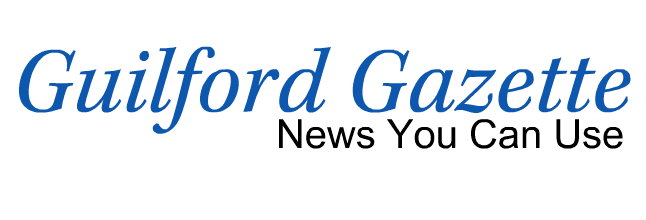
Recently, the U.S. House of Representatives received a bill to consider that would create a federally-maintained retirement plan for all workers whose employers do not offer plans. A similar bill was introduced in the U.S. Senate in January and is being called The American Savings Account Act.
Is this the answer to our retirement readiness crisis? Is the fundamental problem for millions of workers an inability to save because their employers prevent them from doing so through payroll?
The House bill, in its current form, is in the early stages. The bill sets up a nationwide 401(k)-like plan in which employees would be auto-enrolled to contribute money for retirement.
Congressional movements these days related to saving money, and perhaps other issues, are all about the auto-enrollment. The Pension Protection Act of 2006 started us down this path of enrolling people in their employer’s retirement plan when hired and the data suggest there is a positive correlation to how much those workers end up saving.
The EBRI or Employee Benefit Research Institute did a study where they simulated what would happen with large employer plans when automatic enrollment was implemented. The results indicated people saved more. Personally, I thinking saving a little more and actually being ready and able to retire one day can be two very different things.Anything that is automated will get more people saving.
The bill’s supporter’s claim, is that when there are no retirement programs offered through employers then there is nothing into which the person can be auto-enrolled. It is possible this is entirely true and statistically the retirement readiness crisis is mostly comprised of people who don’t have access to these plans?
According to the Bureau of Labor Statistics in March 2015, 66% of all private sector workers had access to a retirement plan. If we include public sector in the total the percentage of all workers with access is higher. But it still indicates that approximately 25% of all workers don’t have the option through their employer to save on an automated basis.
So should Congress establish the nationwide plan? Perhaps they should. It will give millions of people another option. This is where it gets complicated. First the bill would have to pass.
A non-profit organization called GovTrack.US monitors all bills in Congress and gives them a percentage score of hypothetically becoming law based on who introduced it, the committee where the bill is assigned, the type of bill and so on.
Currently the Senate bill that was introduced on January 28th, 2016 has a whopping one percent chance of passing according to their metrics. And it hasn’t made a day’s worth of progress since it was introduced, other than being referred to a committee.
We have an election coming up — perhaps that will put a collection of representatives together who will pass the bill. Then you would have to set up a system where every employer in the country regardless of size, industry, payroll system, or average wage among their workers would be able to defer earnings on behalf of the worker, again sometimes without them even knowing, due to auto enrollment, into a stock market based investment platform.
That is an absolutely huge task that would probably take decades to implement and thousands of man hours, presumably federal employee man hours of maintenance to track down lost account balances, update beneficiaries, and process distributions. There is also the possibility that thousands of workers might decide it was unfair for the federal government to force their money into the stock market without their knowledge, even if they signed something, once they find out about the account. And let’s hope that the time of frustration is not at a point when a volatile stock market has lost their money instead of creating earnings.
Here is the most important part in all of this. People were saving, or at least trying to save, for retirement long before the 401(k) or the IRA came around.
The economy may not seem too dynamic at the moment, but more people have upward mobility than ever before. On the other hand, households have higher expenses than ever before. An option to save does not cause the savings. Those people who were auto-enrolled in their retirement accounts and had built up savings; by definition had less money in their bank account to pay down debt, send their kids to college, deposit into a Roth IRA and have tax free growth or other considerations that led a household to the same goal of financial security.
As the bill progresses or alternatives are put forth this writer will update readers via the Guilford Gazette.
https://www.govtrack.us/about/analysis#prognosis
http://www.investmentnews.com/article/20160610/FREE/160619994/house-democrats-sponsor-bill-for-universal-retirement-coverage
https://www.ssa.gov/policy/docs/ssb/v75n2/v75n2p41.html
Brian Kuhn CFP® is a financial planner at PSGClarity.com with 14 years of experience who exclusively works with those who do not feel wealthy. His business model is to avoid intimidating terms like “wealth management” and focus on those who truly need his services. He is the author of the books ‘Total Compensation: A Practical Guide to Federal Employee Benefits” and “The Personal Finance Handbook” both available on Amazon.com.
Securities offered through Triad Advisors, Member FINRA / SIPC. Advisory Services offered through Planning Solutions Group, LLC. Planning Solutions Group, LLC is not affiliated with Triad Advisors. PSG Clarity is a division of Planning Solutions Group, LLC.
